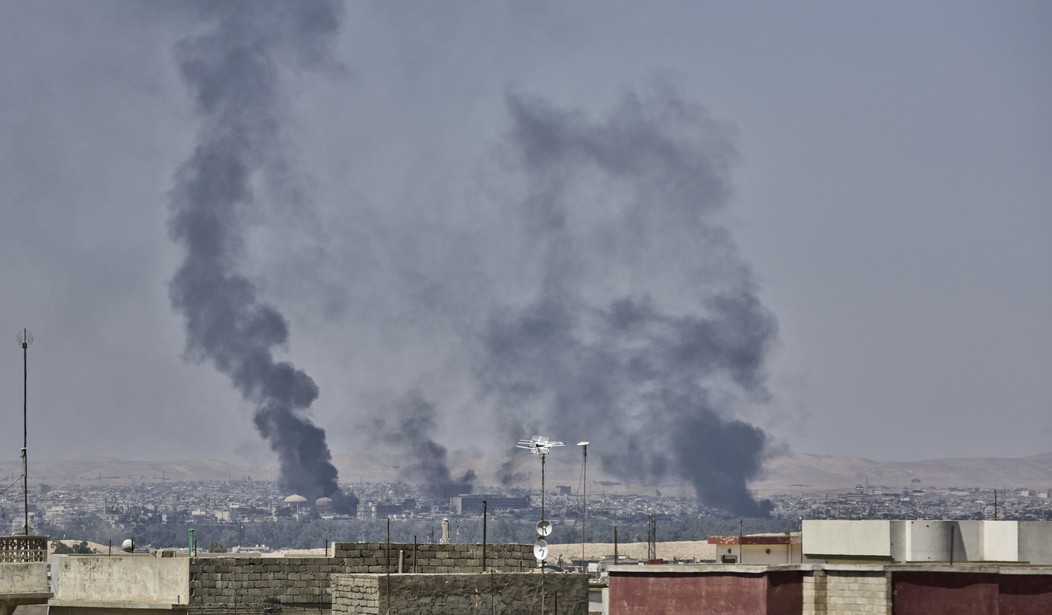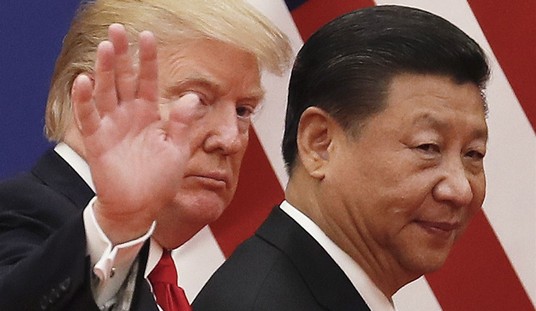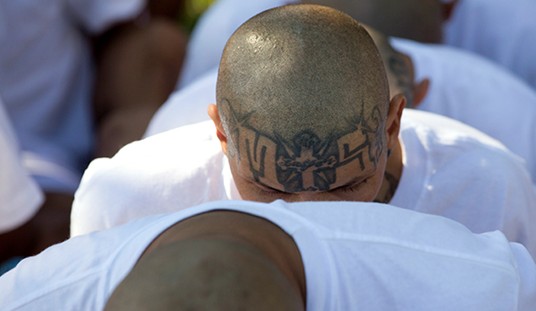The Iraqi army has been taking down one ISIS unit in the city of Mosul after another. It literally took them months to recapture the city, but it’s clear that this is exactly what they’ll do in the coming hours. This battle has been won. An official declaration of victory will almost certainly follow later today.
The Iraqi army, supported by heavy U.S. airstrikes, has been trying to retake Mosul since October 17 last year, this after ISIS conquered the city in June 2014. Once the jihadists did, Mosul became their second most important stronghold after the Syrian city of Raqqa, the capital of their self-declared caliphate.
Late Saturday evening, the ISIS extremists were pushed back into a tiny area near the old city. Although they’re desperately fighting, they’re done. It’s only a matter of time before these Islamist extremists are finally wiped out, at least in this city.
Although that’s great news, not all is fine and dandy:
But the loss of its two largest cities will not spell a final defeat for the Islamic State — also known as ISIS, ISIL and Daesh — according to analysts and American and Middle Eastern officials. The group has already shifted back to its roots as an insurgent force, but one that now has an international reach and an ideology that continues to motivate attackers around the world.
Hassan Hassan, a senior fellow at the Tahrir Institute for Middle East Policy in Washington and a co-author of a book on the group, explains:
These are obviously major blows to ISIS because its state-building project is over, there is no more caliphate, and that will diminish support and recruits. But ISIS today is an international organization. Its leadership and its ability to grow back are still there.
The main problem is, of course, in Europe. Thousands of European extremists moved to Syria and Iraq, where they signed up with ISIS. Now that ISIS is being destroyed, they’re either already back or are planning their retreat to whatever European city or village they hail from. And that, in all likelihood, means more terror attacks, not fewer, especially because they’re “welcomed back” by fellow radicals who may not have fought in Syria, but who certainly share ISIS’ sick views.
This is going to be the main challenge for Europe in the months and years ahead: combating ISIS at home. And for that Europe needs strong leaders who take this war on terror seriously. Sadly — aside from some Eastern European leaders — we have none.









Join the conversation as a VIP Member